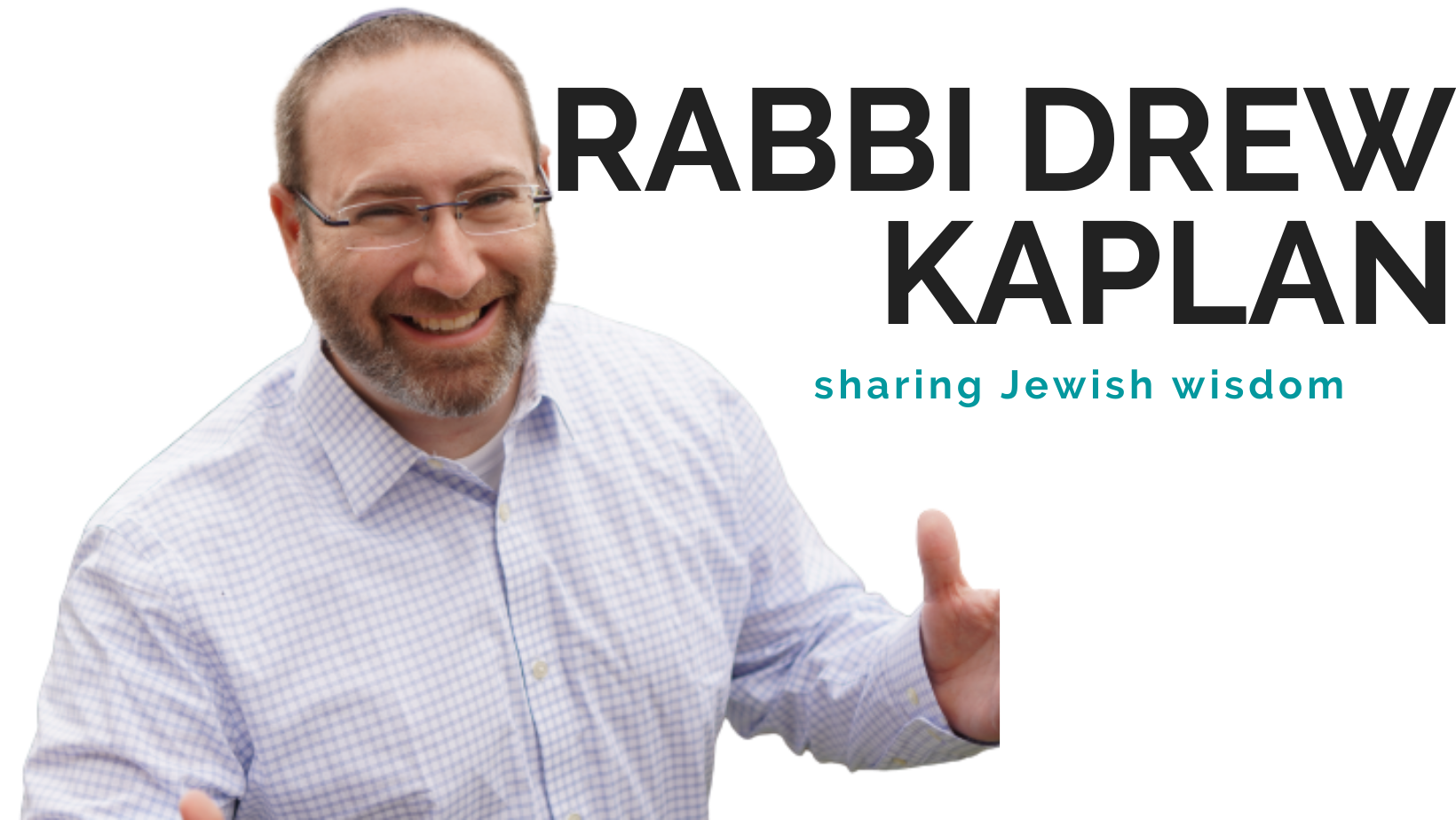 Last night, I had the honor to speak with Clal’s West Coast Rabbis Without Borders Student Fellowship on the topic of social media, beginning with a text study. While there have been several cohorts of Rabbis Without Borders, as well as a student fellowship on the east coast for the program, this year is the first for the west coast student fellowship and I was glad I could participate in leading a session with them.
Last night, I had the honor to speak with Clal’s West Coast Rabbis Without Borders Student Fellowship on the topic of social media, beginning with a text study. While there have been several cohorts of Rabbis Without Borders, as well as a student fellowship on the east coast for the program, this year is the first for the west coast student fellowship and I was glad I could participate in leading a session with them.
For the text study, I had the fellows look at selections from the Book of Esther which concerned the messages that were sent out in the book of Esther. I asked the student fellows to consider three primary questions and two secondary questions in considering these messages: one secondary question was “What was the message that was being communicated?”, the three primary questions were “How was the message composed?”, “How was the message sent out?”, and “What was the intent of the message?”, with the final secondary question being “What was the outcome/aftermath of the message?” For my breakdown of the five messages that were sent out, you can visit this spreadsheet. As can be surmised, the fellows had some great questions, answers, and insights and I was glad that they were excited to engage with the text in such a way.
The text study led into a discussion of social media and using it in one’s rabbinate. While I won’t consider myself an expert in the topic, nor do I even think that I have it totally figured out, I have definitely spent a fair amount of time considering the matter, as can be seen from such posts of mine as “Picturing Rabbis: Rabbis on Instagram“, “Rabbinic Schools Tweeting“, and “Starting a Facebook Page for My Rabbinic Personality“. In my own rabbinate, I am on Twitter, Facebook [page], Facebook [profile], Instagram, and, of course, this website (and, yes, this is in addition to Twitter, Facebook page, and website for SoCalJSS, Twitter, Facebook page, and website for SoCalJYAE (and, yes, I also supervise the social media intern for Beach Hillel (who operates such social media as Foursquare, Twitter, Facebook [page], Facebook [profile], and Instagram))), so I have a lot of familiarity and experience with various social media (not to mention my own personal social media activities).
I was surprised to find that most of them had not had much to do with social media, in general, and certainly had not considered how to make that happen in their future rabbinates. I realized it would be interesting to hear and consider their anxieties around getting into social media, especially qua rabbis, so I got to hear about that, which threw me for a loop, since they were a younger cohort on the whole than the Rabbis Without Borders fellowship usually is.
I did, of course, discuss the more prominent social media platforms (Twitter, Facebook, Instagram, and blogs) with regards to different means of getting one’s message out. However, part of the issue is how much does one want to engage in it and what would want to share? For those wanting to go into formal education, perhaps social media might not be such a great arena to enter; on the other hand, those who want to share their activities, thoughts, etc., social media is a great way to do so.
Some people find that social media is a great arena for them to share and to discover other content out there, while some do not want to be involved in it. And rabbis are no different.
